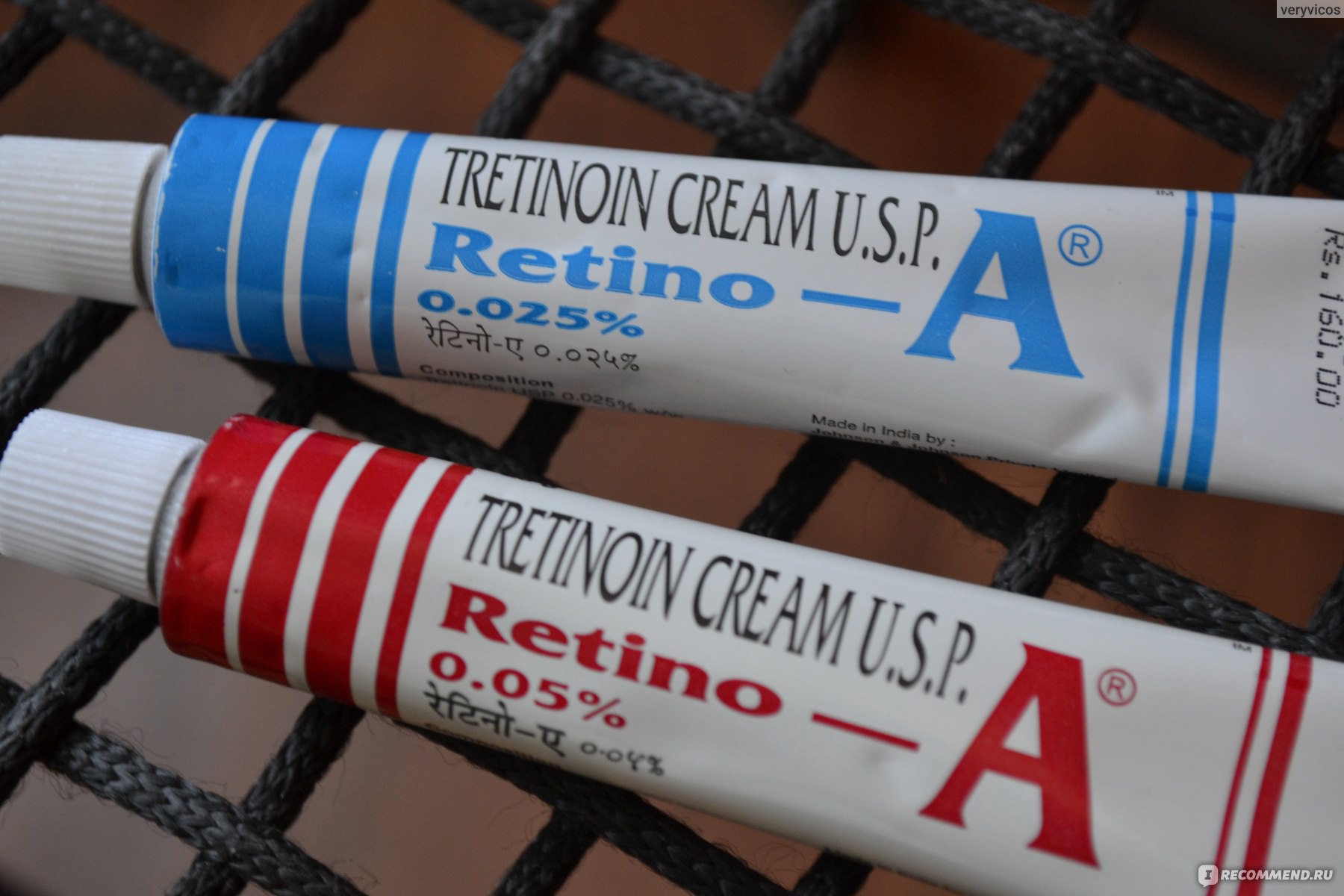Tretinoin is the gold standard topical treatment prescribed by dermatologists for multiple skin conditions. It’s a powerful ingredient that helps clear problematic acne, treat hyperpigmentation, & reduce the appearance of fine lines and wrinkles.
You can use tretinoin with most other skin care products. However, there are some products that should not be used with tretinoin.
Acne
Tretinoin is an acne treatment and anti-aging skin care medication that can also help reduce the appearance of dark spots due to sun damage. It works by affecting the way your body creates new skin cells and slowing down the breakdown of old ones. It is a common ingredient found in prescription strength skin products such as RETIN-A.
When you first start using tretinoin it might irritate your skin a little bit. This is normal and should subside as your skin gets used to it. It can take a few weeks to see results but don’t give up, they will come!
It is important to wash your face 2 to 3 times per day with mild, bland soap and pat your skin dry. Try not to rub, as this can irritate your skin. It is also important to use a sunscreen everyday, especially when using tretinoin. It makes your skin very sensitive to sunlight and can cause sunburns easily.
Wrinkles
Wrinkles are a natural part of the aging process, but they can be lessened with time and certain medications. Tretinoin is one of the few drugs that reduces wrinkles, clears acne and evens skin tone—and it’s backed by real, high quality scientific research.
Tretinoin, also known as Retin-A, improves fine lines and wrinkles by encouraging the growth of new cells. It is the only topical drug proven to do so.
An 8-week randomized trial was performed where subjects were assigned to use either a tretinoin cream or a moisturizing SPF 30 sunscreen with niacinamide, peptides and retinyl propionate (NPP regimen). Subjects who used the tretinoin regimen showed significantly greater improvements in facial fine lines and wrinkles as measured by expert grading and image analysis at week 8. The improvement continued through week 24. It is important to remember that tretinoin can make your skin more sensitive to sunlight, so you should always apply sunscreen when using it and wear clothing and a wide-brimmed hat to protect the skin from sun exposure.
Sun damage
If your face is suffering from sun damage, Tretinoin can help. It speeds up the skin’s regeneration cycle, resulting in younger-looking and smoother skin. It also helps to diminish fine lines, dark spots and improve facial texture. Studies have shown that it can lighten mottled hyperpigmentation, such as sun induced liver spots, and even replace dull skin with a healthy glow.
Tretinoin may make your skin sensitive to sunlight and artificial UV light from sunlamps. Be sure to use a broad spectrum sunscreen with an SPF of 30 or higher every day while using it. You should also wear protective clothing and a hat.
Other treatments for sun damage include chemical peels, which can improve texture and tone. Tretinoin can be used in combination with these treatments to maximize the results. Retinol and adapalene are milder alternatives to tretinoin, and are available OTC for treating sun damage and reducing wrinkles. Consult your dermatologist about which treatment options are best for you.
Age spots
Age spots are darker pigmentations that show up on the skin’s surface & can be difficult to lighten. While there are prescription bleaching creams that might help fade age spots, they usually penetrate the top layer of the skin & can cause dryness or itching. Retinoin is an effective prescription retinol product that can help fade age spots.
It’s important to be patient with retinol products, as it can take several months before you see results. It’s also a good idea to use it only as directed by your doctor. Overuse can cause irritation & dryness.
For the best results, start with a low-concentration product & use it every other night. Then slowly increase the frequency to nightly if tolerated by your skin. Adding a moisturizer after applying the product can help prevent dryness & other side effects. It’s also a good idea not to apply other active skincare products when using tretinoin, unless your dermatologist says it’s okay.




